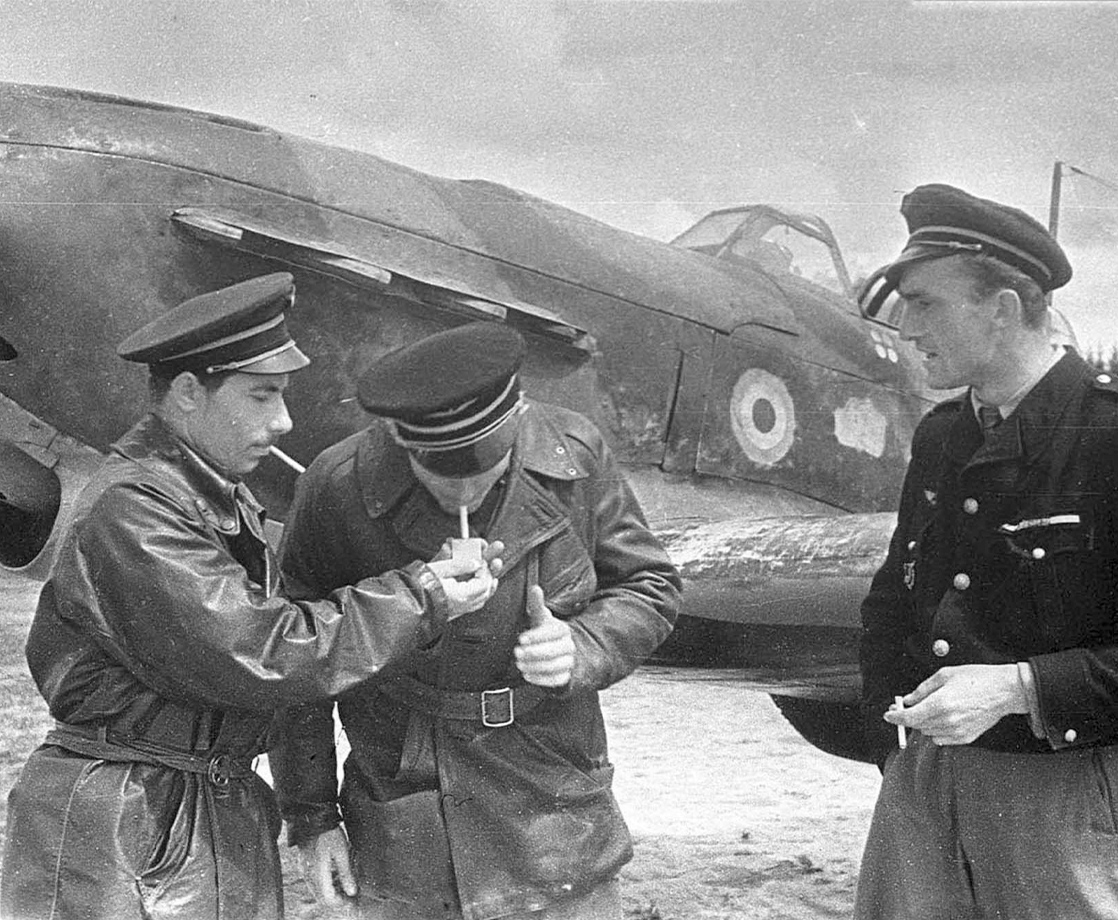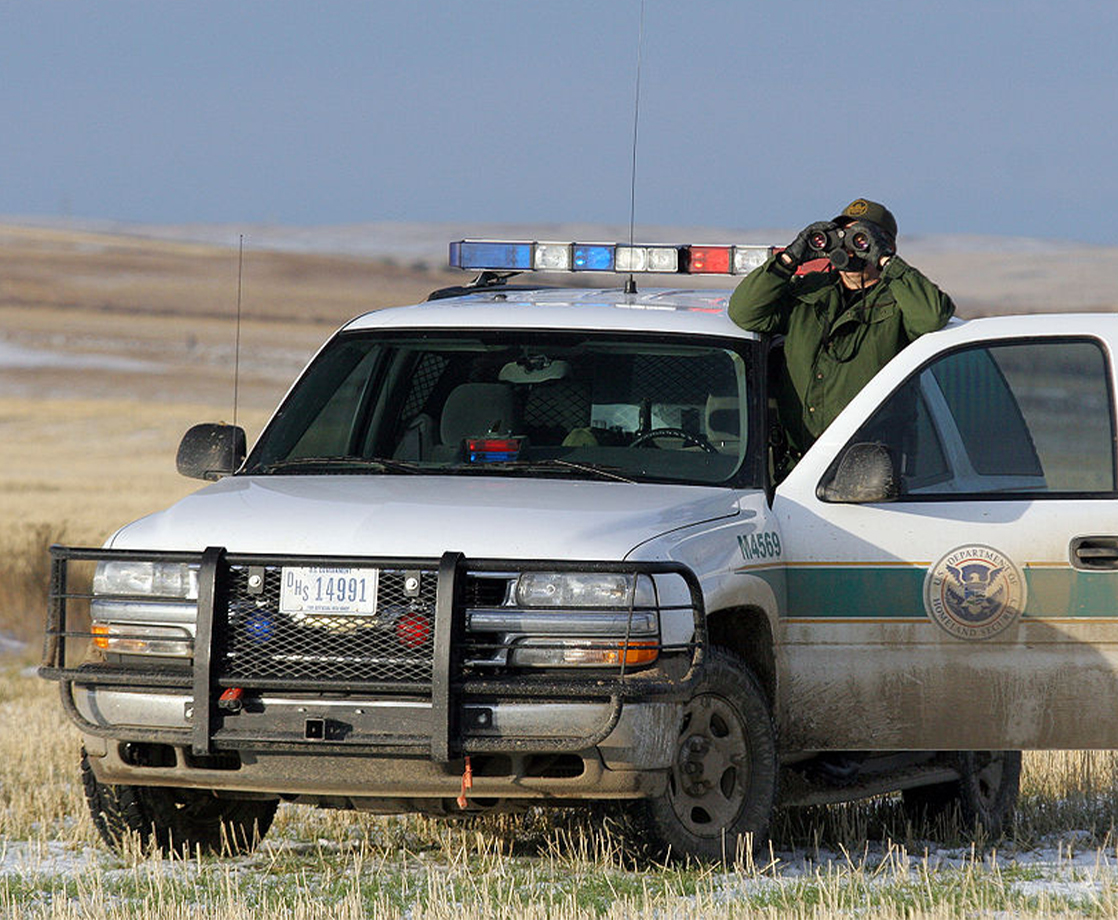On Monday, the US Air Force Global Strike Command announced that it opened investigations at FE Warren Air Force Base in Wyoming on military police suspected of marijuana use. The airmen belong to the 90th Security Forces Group, which is responsible for law enforcement at the base’s 15 missile alert silos.
“Our solemn duty is to protect this nation,” General Tim Ray, who leads Global Strike Command, said during a press conference. “The majority of our airmen are exceptional and have made significant gains in ensuring excellence and adhering to exacting standards. But we will not give up one inch of this hard-earned ground. When any of us see those not living up to our high standards, we will hold them accountable using all of the disciplinary tools available under the military justice system.”
Under federal law, marijuana is a Schedule I drug, the most restrictive classification alongside other substances such as heroin and LSD. The US military previously slapped pot smoking personnel with dishonorable discharges — the worst kind of discharge on the books. But in recent years, they’ve allowed bong-toking service members to appeal for “Other Than Honorable” discharges, which aren’t as bad as a dishonorable discharge.
All security personnel under investigation at FE Warren AFB have also been suspended from their duties, though Air Force officials noted that they are presumed innocent until proven guilty, the Air Force Times reported.
While we can all agree that the people in charge of protecting some 115 Minuteman III nuclear-tipped intercontinental ballistic missiles need to be at tip-top form at all times, the US Air Force, despite Gen. Ray’s statements, holds a double standard when it comes to drug use and military safety. Weed is banned for both on-duty and off-duty use in the Air Force, but prescription “wakefulness promoting drugs” are not.
When Air Force fighter pilots go on long flight missions, they’re given “go-pills” like modafinil to help them stay awake. In the past, they were given amphetamines, but a 2002 friendly-fire incident in Afghanistan involving an American fighter pilot — who blamed the accident on amphetamines given to him by the military — triggered public outcry that eventually ended the practice.
However, drugs like modafinil can cause side effects similar to, but less severe than, amphetamines, as well. Those side effects include nausea, dizziness, aggression, hypertension, anxiety, abnormal thinking, and hallucinations.
Additionally, off-duty alcohol use isn’t just allowed in the military, it’s often encouraged by superiors as a way to facilitate social bonding and to relieve stress. So, yes, pills and booze are cool with the military, but not a medicinal plant.











